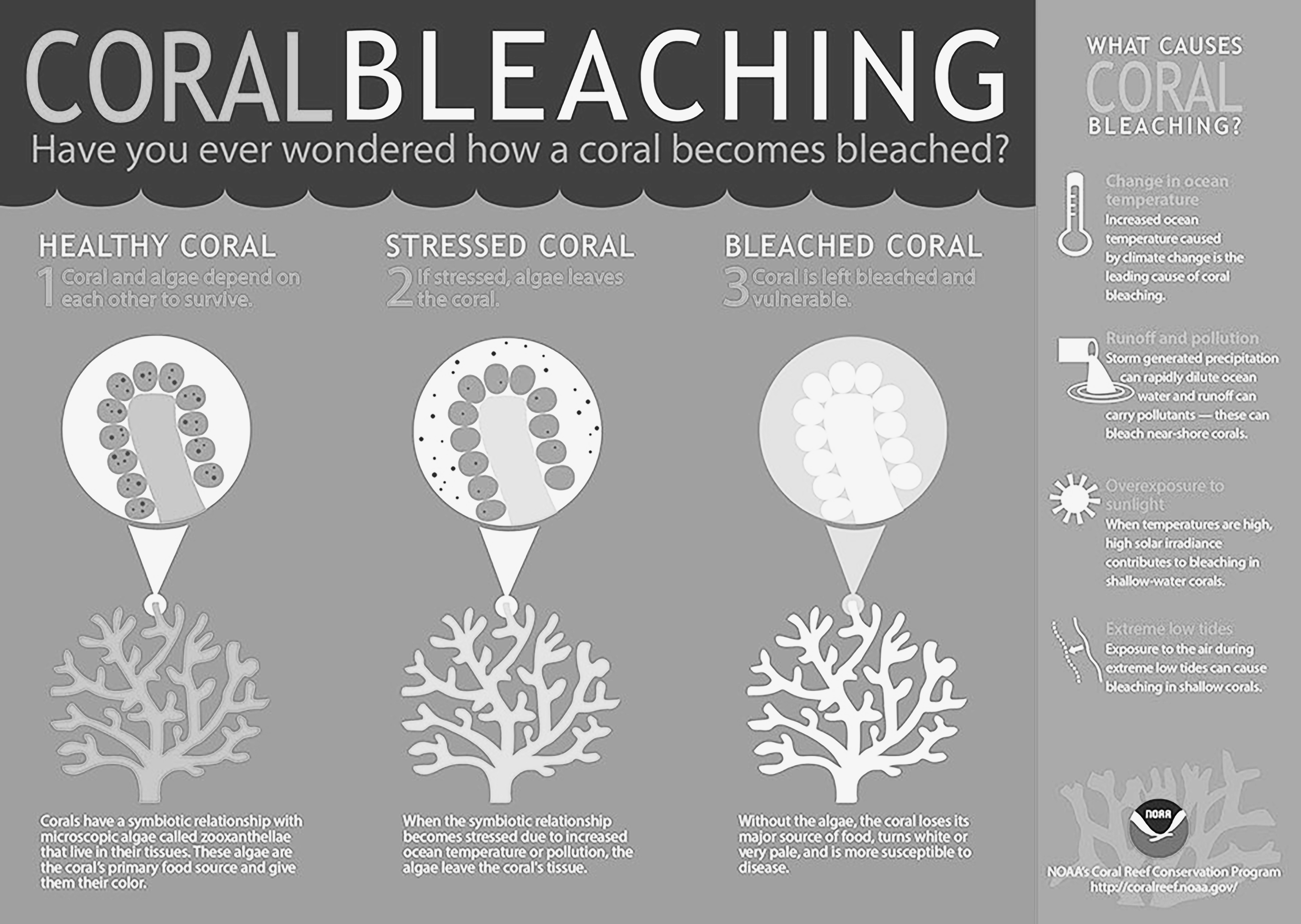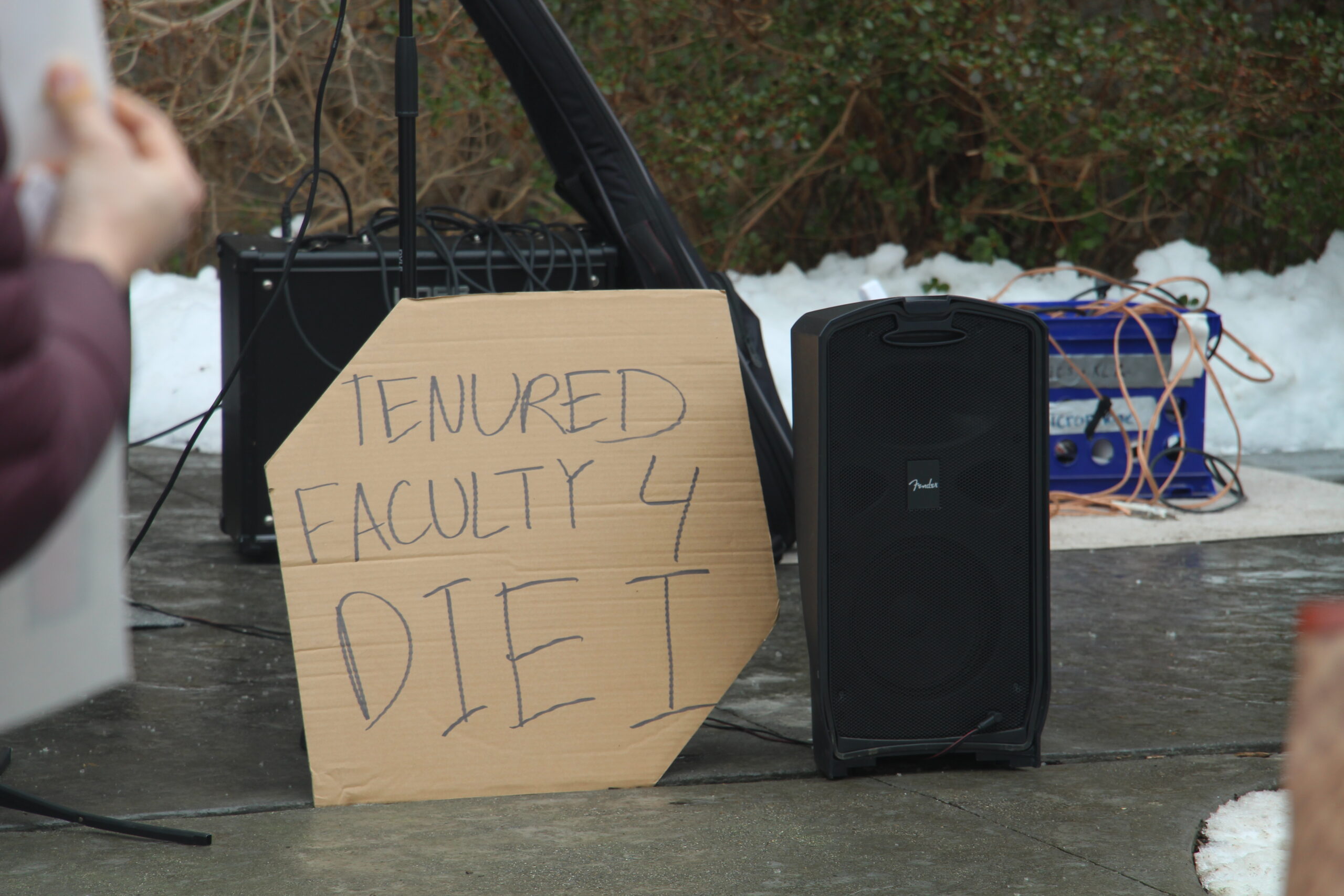My dream is to study abroad in Queensland. My dream is to go to the Great Barrier Reef. My goal is to take part in saving the Great Barrier Reef. My dreams, however, are constrained by time. Time that I thought was infinite and had all my life to explore and enjoy. Even if I’ll be able to see it within the next year when I study abroad, I probably won’t be able to see it for much longer or have my kids see it. The United Nations recently released an alert stating that the world’s coral reefs could die off as quickly as 2040 due to the results of climate change–one of those being ocean acidification.
The ocean absorbs about a quarter of the carbon dioxide we release into the atmosphere every year, so as atmospheric carbon dioxide levels increase, so do the levels in the ocean. When carbon dioxide is absorbed by the ocean, chemical reactions occur that subsequently reduce the pH levels of the ocean. This reduction in pH directly affects coral reefs. When the carbon dioxide reacts in the water, it creates carbonic acid which then can dissociate (break down) into a bicarbonate ion and a hydrogen ion. This increase in hydrogen ions is what increases the acidity of the ocean. The causes of both the increased temperatures and increased ocean acidification put stress on the coral reef system and disrupt a very important symbiotic relationship between the coral itself and what’s living inside it.
Within the coral exists an algae called zooxanthellae, which lives within the tissues of the coral. The zooxanthellae provide essential nutrients to the coral itself via photosynthesis. As a result, the coral provides both carbon dioxide and ammonium to the algae for photosynthesis and allows both species to coexist happily. However, if temperatures begin to rise within the ocean, a stress response from the algae could cause it to leave the coral its living in. With 90% of the coral’s energy source gone, the coral becomes very weak and susceptible to likely death. According to The New York Times, already two-thirds of the Great Barrier Reef has been bleached due to the warming waters in the ocean. In addition to being an essential system for all life below the sea, reefs generate billions of dollars from tourism to these majestic wonders of the world. Furthermore, coral reefs also provide structural safety to nearby communities by protecting them from waves and erosion.
People often talk about how climate change does not concern people until the issue directly affects their way of life. I do believe that. Even though I never doubted the legitimacy of climate change or its effects, having this realization about an area many miles away from my home and thinking that one day it won’t exist, scares me. Continuing to educate people on the seriousness of climate change and encouraging them to understand the impact of changing environmental conditions will ensure better policy in the future. Motivate your friends to change certain habits to lower the emissions of carbon dioxide and ultimately save the planet from unsustainable levels of carbon dioxide emissions. My dream is not only to see the Great Barrier Reef but to see it live long past my lifetime and to ensure the security and longevity of one the Earth’s most beautiful natural gifts. •











